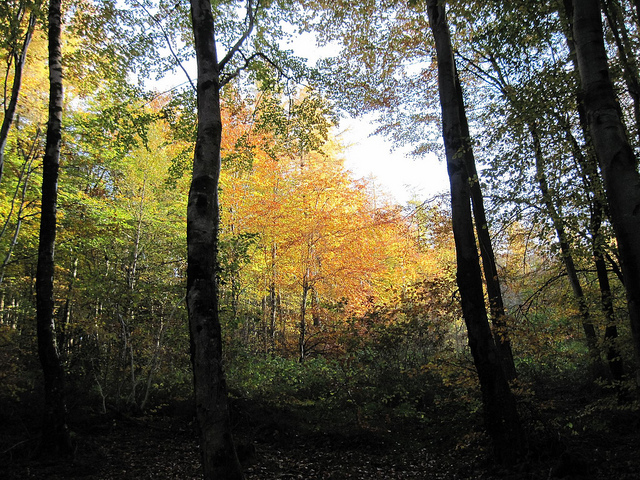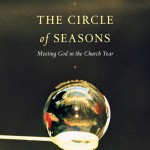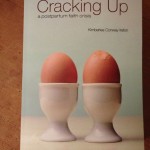
3
“They wandered in the wilderness of Sin.”
Sin is a place to worship golden calves—
My calf, a man; my wilderness, within.
Town’s fetid fogs—their muck and moil—mere halves
The sand and ash and soot that smirch my soul’s
Depths—depths I gave to him—that he received
And filled and then reviled and ripped great holes
To seep such swirling mad cloud-thoughts. Conceived
I ne’er till now such fearsome demon-dust
Could fog my heart, my head, leave me alone
Though compassed round by merry friends—they jest
And laugh—I curve my lips but inward moan.
It’s said life grows in deserts, seed and tree—
A fearful truth—for woe—it grows in me.
—E.B., 1818
Two days after finding the sonnets, Maggie sat with her back against the sun-warmed stones of one of the ubiquitous stone walls that crisscrossed the hills and valleys of Herefordshire. The checkerboard of rock walls, green pastures dotted with sheep or cattle, and golden fields unfolded before her almost to the river. The Land of Counterpane, she called it, remembering her mother snuggling her down under her own quilt and reciting the Stevenson poem to her. She said it softly to herself now.
“When I was sick and lay abed,
I had two pillows at my head,
And all my toys beside me lay
To keep me happy all the day.”
She wondered who E.B. was.
“And sometimes sent my ships in fleets
All up and down among the sheets;
Or brought my trees and houses out
And planted cities all about.”
“Gram,” she’d said over her tomato sandwich at lunch, “some of those books I found the other day were labeled E.B.” The lie slipped from her tongue so easily it almost frightened her. “Do you know who that might be?”
“No idea, dear,” Gram had said. “But there’s a family Bible around here somewhere. When we unearth it, we can look at the family tree and see if there’s an E.B. in our past.”
Maggie sat up straighter, leaning away from the stones at her back. She could almost see Stevenson’s poem play out before her and raised her voice a little, the way her mother used to, rising to a crescendo in the last stanza.
“And sometimes for an hour or so
I watched my leaden soldiers go,
With different uniforms and drills,
Among the bed-clothes, through the hills.”
A swift motion caught the edge of her vision. She turned her head to see James leap the wall and drop onto the ground beside her.
She jumped a little. “You startled me!”
He said,
“I was the giant great and still
That sits upon the pillow-hill
And sees before him dale and plain,
The pleasant land of counterpane.”
“Showing off?” she asked, and hated the waspish sound of her voice.
He gave her a sheepish grin. “A little. Stevenson was Scottish, you know.”
Maggie did know. But she did not know what to say. She turned her face away from him, toward the valley.
He swept his arm before him. “I sometimes think of that poem, too, when I see these fields. My dad used to read Stevenson to me when I was a lad. Burns, too. ”
Maggie still said nothing. She stared out at the valley and felt her cheeks burn with shame over her behavior to him the other day. She could have been more gracious. And he could have kept his question to himself and his mouth shut.
James cleared his throat. “I’m sorry I snuck up on you. I was afraid if you saw me coming you’d walk away.”
She almost looked at him then.
“I looked in the Jordans’ Bible the other night, after we met,” he continued, “to find out about Mary Magdalene. Turns out she was one of Jesus’ most faithful followers—at the foot of the cross and at his empty tomb.”
Maggie nodded, but kept her eyes steadily on the valley. “My father calls her the Apostle to the Apostles.”
“Yes, I read that, too, that she was the first to tell them about the resurrection.” He paused for a moment. “It’s a noble name.”
A smile quirked her lips at his old-fashioned words. “Is that your way of apologizing for being a total prat?”
James laughed. “Yes, Mary Magdalene Lowell, that is my way of apologizing for being a total prat.”
“Thanks.” She looked at him, and quickly back out at the valley. “You weren’t a total prat, you know. I could have let it go.” She looked at him again. “That’s my way of apologizing for being an ungracious little brat.”
James nodded. “So all’s well? We can be friendly neighbors now?”
Maggie smiled. “It’d be nice to have someone other than Gram to talk to. She’s great—the best grandmother in the world—but I’m starting to miss people my own age.”
James shook his head. “I don’t think I’m your age.”
She gave him an appraising glance, taking in his long lean frame, his deeply tanned face, the lines around his mouth that suggested he laughed easily and often, and the lines around his eyes that spoke plainly of suffering. Her smile faded and she looked abruptly away. “I don’t think so, either,” she said, forcing a smile back to her lips and trying to keep her voice light. “I’m 22.”
“Thirty.”
Maggie shrugged. “It’s closer than 75.”
James laughed, such a contagious shout of joy that she found herself laughing with him. She realized it had been a long time since she’d laughed.
Photo by Joysaphine, Creative Commons via Flickr.

